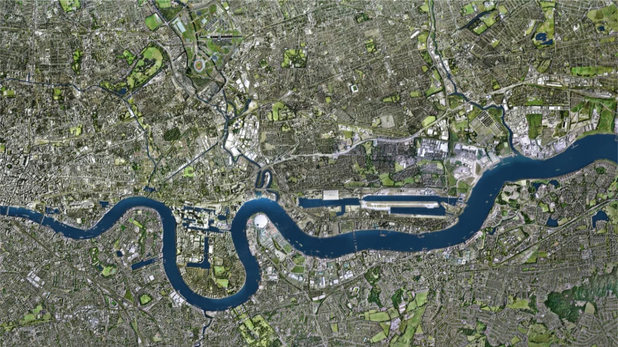-
The design process and the scaffolding within
In a post last week, I shared a definition for design. I said: “Design is the translation of intent into experiments designed to generate value.” That post is about how information architecture is the stable set of rules which govern the relationships within a design to bring internal coherence. Information architecture means designs are easier…
-
Everyone makes IA – running a team away day

Before you read this post. Choose a card. Remember it. In December 2014, just before Christmas, the UXA team at the BBC took on the challenge of convincing 120 UX designers that they all make information architecture. IA is a specialism. But it also underpins all user experiences. I wanted to give UX designers the confidence to…
-
Content discovery and consumption – delivering the virtuous circle

The main challenges for online audiences of the future (and content publishers) isn’t finding content, it’s finding (and recommending) the right content. The homepage is dead. Or perhaps now every page is a homepage. But what does that tell us? This post is about three stages of the user experience – content discovery, consumption and…
-
Trends for 2014 – Storytelling in UX design

After reviewing submissions for IA Summit 2014 it occurred to me that this might be a good opportunity to think about trends for the coming year. This is the final trend, and probably not so much a trend as the way I like to think about the world generally, but it helps out at work too.…
-
What’s a user experience architect at the BBC do?

What is information architecture? In my experience it’s a question that information architects aren’t too confident answering. It’s ironic that for a professional discipline so focused on classification we sometimes have a hard time describing what it is we do. I make information architecture. I’m a user experience architect at the BBC. But how can you…
-
Information architecture principles

Information architecture attempts to create spaces from ideas. We take mental models and try to build digital structures that formalise these thoughts. Sometimes it seems like we’re creating spaces which force users to adopt a specific perspective. From these fixed perspectives they can move around our sites and products. But really, we only ever provide…
-
Trajectories at the BBC – after two days*

Steve Benford describes Trajectories as offering a new way of thinking about the design of extended user experiences. I think the more ways we have to think about the design of experiences the better. Structured methods for interrogating the result of our designs forces us to move our focus from the design of objects to…
-
User experience architect or Information architect?

Something about me changed recently. My job title changed and I went from being an Information architect (IA) to being a User Experience architect (UXA). But what’s in a name? I think words matter. Good words become invisible, when the symbol so closely resembles the reality it stands for that translation becomes unconscious and things…
-
Heuristics isn’t a dirty word

Jargon annoys me. Especially when someone tries to “namify” a process in a way that seeks to own and obscure the method rather than reveal it. I’d love to find it funny and be flippant that professional practise gets obscured by jargon. But too often giving a name to a process implies that the thing…
-
Unexplored trajectories in experience design

Experiences provoke responses as you move through them. They’re interactive and the level and type of interaction fluctuates. Designing experiences asks us to think about this ebb and flow, consider the categories of interaction and engineer an experience that will channel and shape the user response. We afford experiences. But users create them. Forrest Gump…
-
Invisible art, intrinsic motivation

10,000 hours Imagine waking up at 8am practising something for 12 hours, going to bed, getting up in the morning and doing it all over again. Imagine eating soup, wearing the same pants everyday* and avoiding all distractions. Imagine that you take weekends off, but use them to visit your Aunty Doris, who you hate.…
